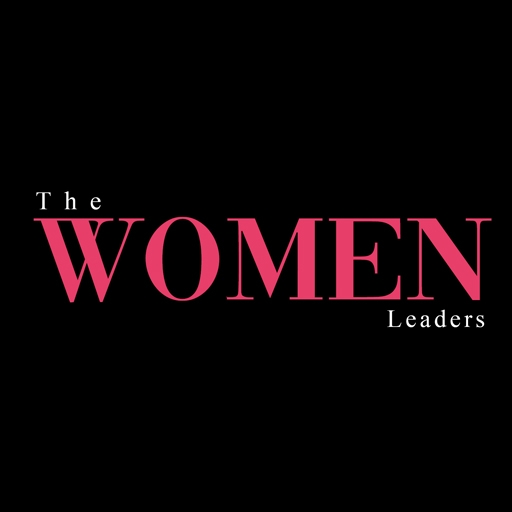

May 2, 2023: On Sunday, China’s manufacturing movement suddenly shrank in April, official data showed, raising pressure on policymakers seeking to boost the economy struggling for a post-Covid lift-off between subdued global demand and persistent belongings weakness.
The National Bureau of Statistics showed that the official manufacturing buying managers’ index (PMI) declined to 49.2 from 51.9 in March, below the 50-point mark separating expansion and contraction in activity every month.
That missed anticipations of 51.4 tipped by economists in a Reuters poll and marked the initial contraction since last year when the official produced PMI was at 47.0.
The second-biggest economy grew faster than expected in the first quarter, grateful to robust services consumption, but factory output has lagged amid weak international growth. Slowing costs and surging bank savings are increasing doubts regarding demand.
The Politburo, a decision-creating body of the ruling Communist Party, stressed that restoring and growing demand is the key to a guaranteed recovery and warns the current improvement is mainly restorative “with weak ideas and insufficient demand.”
“A lack of market price and the high-base effect from the quick manufacturing comeback in the first quarter” was among the factors that led to the contraction in April, stated senior NBS statistician Zhao Qinghe.
The PMI showed that new export orders edged down to 47.6 from 50.4 in March.
The manufacturing sector, which employs regarding 18% of China’s workforce, remains under pressure because of the slack global demand. Some exporters stated at the country’s biggest trade fair they have frozen investments, and a few have cut labour costs in response.
Last week, the cabinet unveiled plans to boost trade and employment, including supporting auto exports, facilitating visas for overseas businesspeople, and giving subsidies to firms hiring college graduates.
Confidence in the property sector, for many years a pillar of China’s growth, remains soft. Multiple crises starting in mid-2020 have included developers’ debt defaults and stalled construction of sold housing projects prior.
While policy support measures have supported improved conditions in the industry, pockets of weakness stay, and a complete recovery appears some way off.
Even after the strength in consumption, the non-creating PMI increased to 56.4 compared to 58.2 in March.
Can Europe become the new Silicon Valley? EU leaders push unified legal frameworks and innovation funding, but scale, fragmentation, and capital gaps persist.

Mario Draghi warns the EU genuine federation model is essential to stop deindustrialisation, protect industry, and prevent Europe’s economic and geopolitical decline.

Nobody mourns the metaverse as Meta cuts losses, shutters VR projects, and pivots to AI and smart wearables after its multibillion-dollar bet on virtual worlds fails to gain traction.

Web Summit Qatar 2026 opens to sold‑out crowds, bringing thousands of startups, investors, and tech leaders to Doha


Subscribe
Fill the form our team will contact you
Advertise with us
Fill the form our team will contact you
Leave us a message